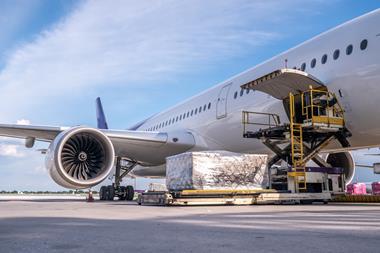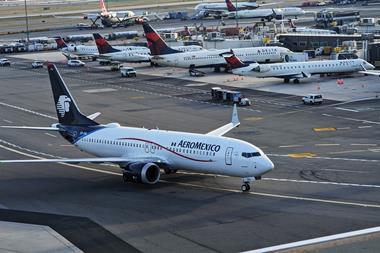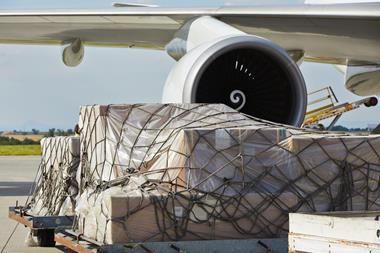Seattle-headquartered freight forwarder Expeditors has described the second quarter as "intense" and "unsettled" as a result of the supply-demand imbalance in air cargo.
Summing up the second three months of the year, president and chief executive Jeffrey Musser said that the Covid-19 outbreak has had a significant and widespread impact on its business, with the retail, automotive, aviation and energy sectors amongst those severely disrupted by shutdowns and supply chain dislocations.
The airfreight market was particularly affected as a result of the grounding of passenger operations, which make up between 45-50% of overall air cargo capacity.
Musser said: "While volumes for all of our products were down, as we would have expected during such unprecedented conditions, our airfreight revenue was much greater than anticipated.
"The air market has been particularly unsettled, with the cancellation of so many passenger flights limiting access to passenger belly space and requiring the increased use of charters to meet customer needs.
"While air capacity has been tight, demand for shipping technology-related equipment, medical equipment and supplies and other priority goods has been intense, creating a supply and demand imbalance and a spike in buy and sell rates.
"Airfreight buy and sell rates, which peaked in April and May and started to decline in June, remain highly volatile and continue to be unpredictable."
Musser added that the company had avoided making any layoffs as the business is service-based and employee retention is critical to its long-term success
"To that end and true to our company culture, we did not lay off any employees, although headcount was down slightly due to normal employee attrition. We also increased paid sick leave to support those employees unfortunate to have either contracted Covid-19 or to have shown symptoms of the virus."
Musser said that the company had also relied on the strength of "our highly connected information systems and have implemented our business continuity plans around the world in support of all of our employees to safeguard their health and safety".
Overall, the company saw its second-quarter airfreight revenues increase by 93.4% year on year to $1.4bn while airfreight volumes fell by 10%.
The company's total revenues for the quarter increased by 27% on a year ago to $2.6bn, operating income was up 29% to 247.6m and net earnings increased by 20%.















